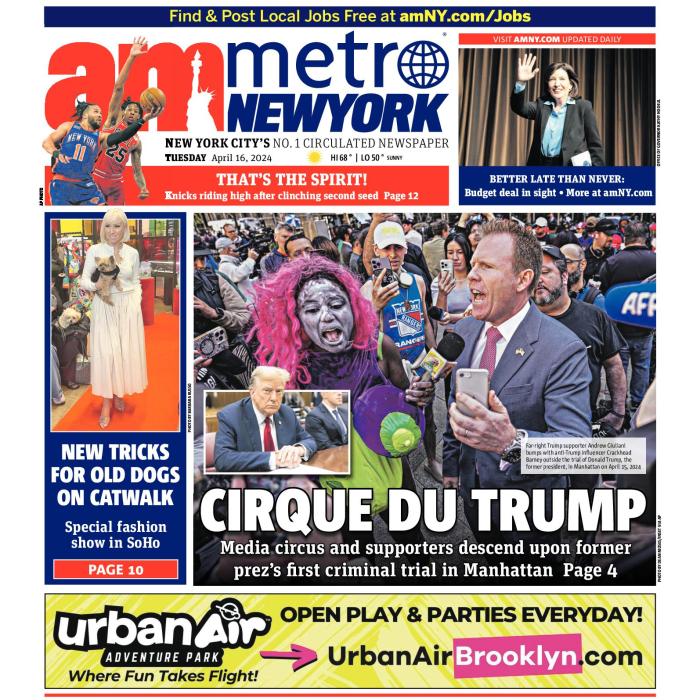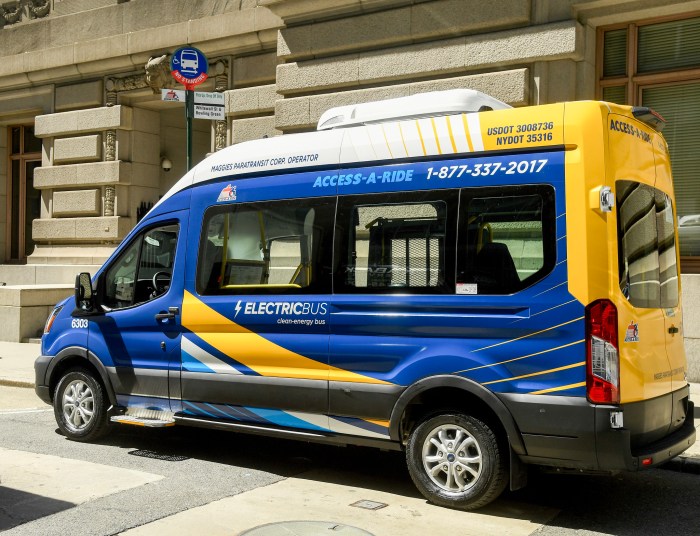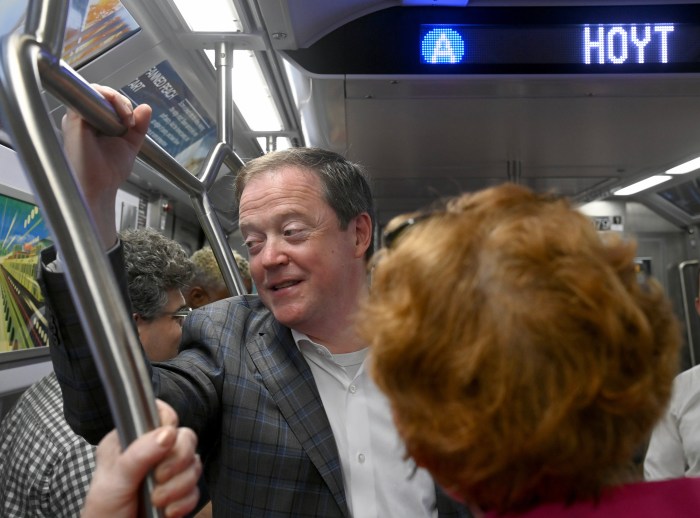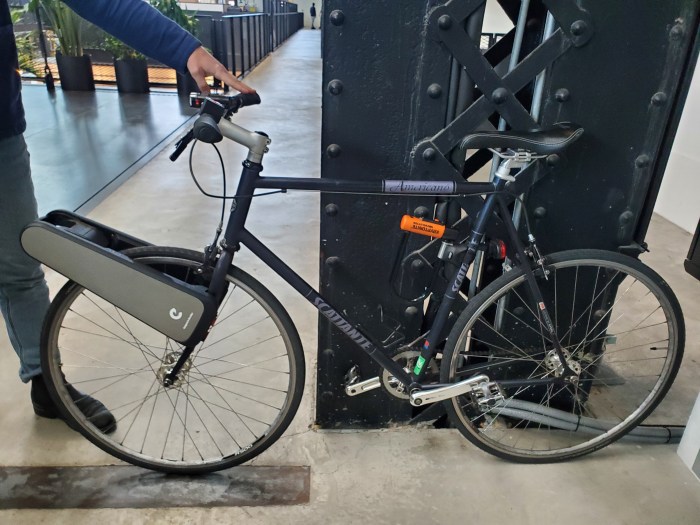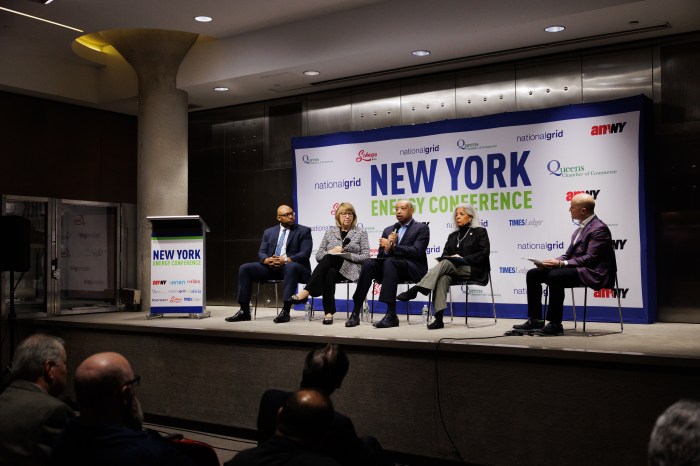
Activists are taking swipes at Broken Windows policing.
Hundreds of Crown Heights commuters were given free subway rides Tuesday morning to raise awareness of perceived injustices in the city’s policing of fare beaters.
Members from Police Reform Organizing Project (PROP) met with other activist groups at the Crown Heights-Utica Avenue station at 7:30 a.m. with a buffet of MetroCards, doling out $500 worth of swipes to rush-hour riders. The campaign, called “Swipe It Forward,” is a protest over arrests made on fare-beating and other low-level crimes.
“We’re protesting and exposing police harassment of people of color and of low income,” said PROP director Robert Gangi. “When you look at who’s being arrested for fare evasion, it’s almost always people of color.”
In 2015, the NYPD made 29,198 arrests on fare beating, a misdemeanor referred to as “theft of services,” according to data from the state Division of Criminal Justice Services analyzed by PROP. People of color made up 92% of those arrests, the data showed.
“I think this idea is awesome,” said Justine Jones, of Crown Heights, who was swiped through Tuesday. “I’m very likely to see people—mostly minorities—getting put in handcuffs during my commute. And to see a 13-, or 14-year-old in handcuffs for fare beating, it must be traumatizing for them.”
In addition to the arrests, 123,921 summonses were issued for fare evasion last year, according to the Transit Adjudication Bureau. Gangi said that it’s unreasonable to expect a person who can’t afford a $2.75 fare to pay upwards of $100 or more in penalties for hopping a turnstile.
“We’re criminalizing poverty,” Gangi said. “People aren’t hopping turnstiles because they like to.”
PROP is calling for the police department to stop its practice of having cops hide out of sight, behind corners or in rooms of subway platforms, to wait to catch fare beaters after the act. Fare evasion could be more effectively deterred, the activists say, if officers were visible in front of turnstiles.
“The only reason why there hiding is because of a quota, to catch people,” Gangi said.
Police Commissioner Bill Bratton, a champion of Broken Windows, vehemently denies the use of quotas or targeted enforcement.
Speaking at New York City Transit headquarters in Brooklyn in March, Bratton said his department doesn’t have the capacity to station a police officer at all 700 MTA turnstile locations. He believes catching fare beaters after the act prevents those violators from going on and committing other crimes.
“Why do we do that? It works. You stop them at the gate before they get into the subway to commit crime,” Bratton said at the conference.
NYPD Transit Chief Joseph Fox said the department’s fare evasion policing has been integral in making the subway system safe. There are 6.29 crimes per day in a system that’s tipping on 6 million daily riders, according to Fox. Thus far in 2016, the NYPD says it’s stopped five fare beaters with loaded firearms as well as two men wanted on robbery and murder charges.
“Our policy sets a tone of order and accountability,” said Fox, who stressed that about 76% of all fare beaters are issued civil summonses. “There is an expectation for riders to pay the fare. If riders see people jumping the turnstile, that sets a tone of disorder.”
Selling swipes is against the law, but offering free rides is legal. It’s also legal to ask for a MetroCard swipe as long as the person is not blocking the turnstiles or pedestrian flow through the terminal.
Tuesday was the second day of Swipe it Forward events. Activists plan to continue the campaign at subway stations in minority neighborhoods through the summer.
